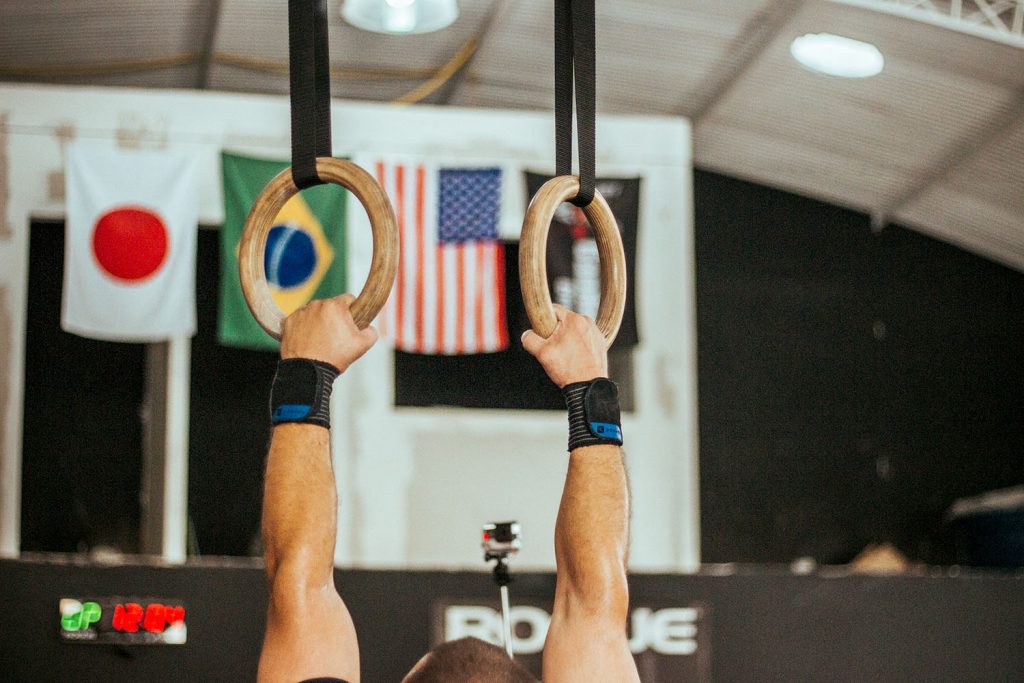The Ackerman Institute for the Family is standing in solidarity with Simone Biles, Naomi Osaka, and other athletes who have led by example, taking a stand on personal needs and mental health. We support the courage it has taken for these athletes to speak up about emotional challenges and the importance of taking control of both physical and mental health. In recent days, Simone Biles withdrew from the Olympic games after struggling with issues related to anxiety and stated “I have to do what’s right for me and focus on my mental health and my wellbeing”. She joins many other people who have disclosed their challenges with mental health while being elite athletes.
To many people, athletes such as Biles and Osaka symbolize endurance and toughness. These are traits in the sports world that do not often allow for a person to be vulnerable. They carry the pressure of expectations not only for themselves and team but for their nations and are rarely perceived as individuals with emotional needs. As elite athletes, they have endured thousands of hours of grueling training making countless sacrifices to meet their dreams and goals. What the rest of us do not see is the emotional toll this level of training and sport takes on an athlete at the top of their game.
We at the Ackerman Institute believe in the importance of a support system for these women and all athletes, so they are able to cope with the pressure of their commitment to being the best in their sport while managing their lives and all that it encompasses. This includes the ability to say ‘no’ and choose self-care. We believe that by talking about emotional vulnerability in the public eye, these women are setting the stage as role models for many other young people. The Ackerman Institute applauds and respects how Biles and Osaka, as well as many other athletes, have been able to diminish the negative stereotypes surrounding mental health, bringing to light their personal struggles without shame. As role models they are changing the perception of what it means to struggle with mental health issues, and being able to care for themselves while being a team player; an example that may even shine brighter than gold.
Statement written by Melissa Thoen, LCSW
